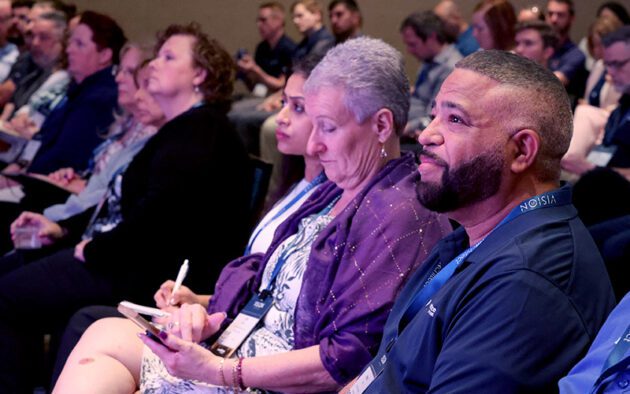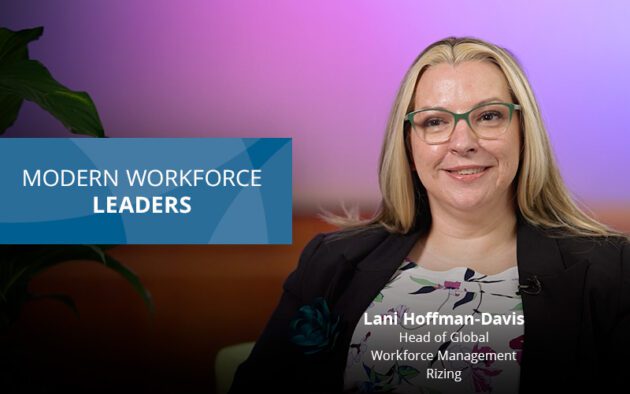Here’s what’s in the latest HR Compliance Navigator Report
Key updates on relevant employment and workplace legislative changes and major case law developments in New Zealand.
As we enter the second quarter of 2023, it’s an excellent time to digest your New Zealand HR Compliance Navigator Report for Q1 and Q2. Developed for HR professionals by Vaughan Granier of HR Assured, a partner of WorkForce Software, our report offers a concise summary of essential information that will affect business owners, saving you time.
Here’s a guide to what’s in the latest report.
New legislation: Fair Pay Agreements immediately affect some, potentially affect many more
The most significant recent update by far to New Zealand workforce and HR compliance is the arrival of Fair Pay Agreements (FPAs). These provide a framework for collective bargaining to improve working conditions through industry or occupation-wide minimum employment terms.
Once an FPA has been agreed and/or ratified by the Employment Relations Authority (ERA), it becomes binding for all employees, regardless of trade union membership. All employers in the affected industry, whether or not they participated in the bargaining, must honour the agreed conditions.
Are you concerned that an FPA may drag your workplace into bargaining? The first question is whether the relevant trade union meets the representation test. The New Zealand HR Compliance Navigator Report for Q1 and Q2 explains how and why you’ll need to join an Employers Bargaining Party if you’re pulled to the bargaining table, as well as insights into when FPAs may start impacting your business.
Amendment: Bill to update Holidays Act expected in parliament this year
The New Zealand Government has approved all 22 of the recommended changes proposed by the Holidays Act Taskforce. These changes are still to be prepared as a bill to be introduced into Parliament. It is expected that the passage of this bill will be swift once this has been completed.
The key recommended changes will have broad and potentially costly ramifications for your business regarding annual holiday entitlements, a new test for determining an “otherwise working day”, eligibility, calculation of units and more.
Case Law: Are Uber drivers contractors or employees?
Case law has been made in the case of E tū Inc v Raiser Operations BV [2022] NZEmpC 192.
The central question in this matter was whether Uber drivers were classified as “employees” of Uber under s6 of the Employment Relations Act 2000.
Four Uber drivers sought declarations of employment status from the Employment Court in relation to their work providing Uber rides and Uber Eats deliveries.
The Court found that the true nature of the relationship between Uber and the plaintiff drivers was one of employment. How and why was this conclusion reached—and will the declarations made in respect to the four drivers automatically extend to all Uber drivers? Find a comprehensive analysis of this scenario in this article.
Case law: Car salespeople’s commission, bonuses and incentives found to fail the minimum wage
In the case of Enterprise Motor Group (New Lynn) Ltd v Labour Inspector of the Ministry of Business, Innovation and Employment [2022], the employer’s method of calculating wages was found non-compliant with minimum wage requirements.
This particular case involved motor vehicle salespeople (employees) in west Auckland. They received a commission that varied on the number of vehicles sold. The employees were paid a weekly advance payment which was deducted from their commission at the end of the month–and also earned bonuses and incentives.
The employers calculated wages through four complicated approaches. However, after undertaking an investigation, the Labour Inspector determined that the employer’s use of an averaging method was impermissible. After an unsuccessful attempt to submit an improvement notice, the case reached the Employment Court.
Your HR Compliance Navigator Report for the first two quarters of 2023 also breaks down:
- An amendment to the Employment Relations Act 2000 extends the time for filing a Personal Grievance for Sexual Harassment.
- An update to the Screen Industry Workers Act 2022 means contractors will now be able to collectively bargain, and all contractor agreements now include mandatory terms regarding health and safety, bullying, human rights, discrimination and harassment.
- The case of whether an Oranga Tamariki residential youth worker was justifiably dismissed for serious misconduct after semi-reliable CCTV footage — without audio — appeared to show the employee forming a fist in what appeared to be preparation to punch a resident. This occurred after the resident had first assaulted the employee. In question were the steps leading to the employee’s dismissal, and the remedies payable once the dismissal was found to be unjustified.
- Case law in which a dairy worker was not always paid correctly or on time, received no employment agreement nor days off and was made to work on public holidays. The article talks through how the employer constructively dismissed the employee, forcing her to resign.
Your Q1-Q2 2023 HR Compliance Navigator Report
Developed in partnership with employment software and advice experts HR Assured, this report provides a look at the latest in workplace legislation and case law in New Zealand–and how adopting best practice and following HR guidance can prevent costly errors.




